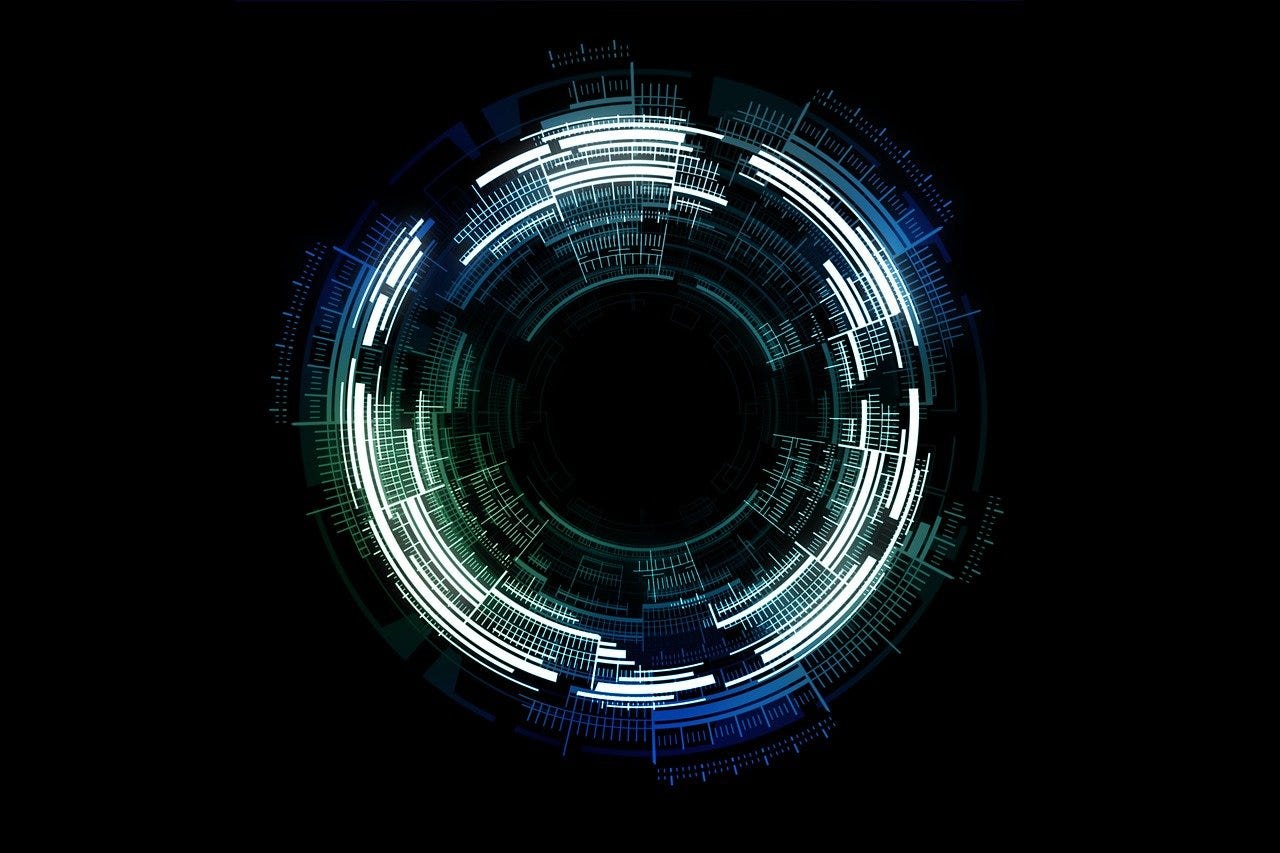The German philosopher Georg Wilhelm Friedrich Hegel (1770—1831) is perhaps most well-known for his dialectical method (though he didn’t call it that himself): thesis meets antithesis to become synthesis. But, like all good philosophers, he dipped his intellectual toes in many waters, like coming to terms with the nature of god, the laws of reason, and the true science of logic. You know, the small stuff.
In his quests, he came across the concept of infinity and it gave him quite a headache. Then, he decided there was a bad (or spurious) type of infinity and a true type of infinity. Or, in his native German, schlect Unendlichkeit versus wahrhaft Unendlichkeit.
Hegel thought that infinity was ‘bad’ when it defined itself by overcoming finiteness. True infinity, on the other hand, is self-determining. If that doesn’t make any sense, welcome to philosophy.
Think of it like this: bad infinity is a straight road. Whenever you reach the end of the road, you have limitless resources to add another patch of road. You can go on forever, to infinity, but you do so by adding small chunks of finite stuff, one at a time. True infinity, on the other hand, is a road that goes in a circle.
At this point, I have to apologize to all Hegel scholars who I just gave a heart attack. Of course, there’s more to it, but I want to make a point.
Social media is a bad infinity.
In the neverending hunger for more followers (have you subscribed yet? *wink*), more likes, and more comments, social media influencers need to keep adding more similar, but escalating content in an infinite series. And since social media engagement is disproportionally driven by drama and controversy, we end up with a whirlpool of ever more controversial takes that disregard truth or nuance. Eventually, we find ourselves in a situation where people cluster around a few of those takes and push against anyone who doesn’t share them.
Hello, polarization.
Instead of a global town square for civil debate and a search for knowledge, social media is now far-right vs far-left, vegan vs carnivore, and obligated vaccination vs violent anti-vaxxers. I’m not making that up. Study after study finds that social media encourages political polarization, vaccination polarization, the spread of medical misinformation to conform to existing viewpoints, and polarization in the representation of nutrition science. Those are only a few examples. This doesn’t imply that social media is evil — that would be a polarizing statement, after all. Social media platforms can be tools for connection, sparks for community organization, and even pick up the slack in on-the-ground reporting during conflicts, among other things.
The curse of bad infinity does imply that the way social media works today incentivizes the creation of polarized bubbles. These bubbles then have no choice but to push themselves along a straight road that leads to the lands of misinformation and hate speech.
Can we lift this curse? Can we turn our bad infinity into a good one; our straight road into a circle? Let’s ask Hegel. According to our German philosophy friend, true infinity is self-determining and all-encompassing. The social media version:
Self-determining: don’t define yourselves by (opposing) others. Bring your unique, quirky self to social media and don’t try to be the next in a line of indistinguishable influencers or mindless haters.
All-encompassing: venture outside of your bubble and explore different viewpoints. That doesn’t mean you have to accept them — many perspectives that circulate on your social media platform of choice are factually wrong, morally dubious, and/or intentionally hurtful. But a different view that challenges yours in good faith will enrich both sides of the debate (hey, here’s Hegel’s synthesis; didn’t plan this, I swear).
Part of this is up to the users themselves, but part of this is also up to the tech companies who make the recommendation algorithms that decide what you get to see on their platforms. For now, I have more trust in the former...
Related thoughts:









